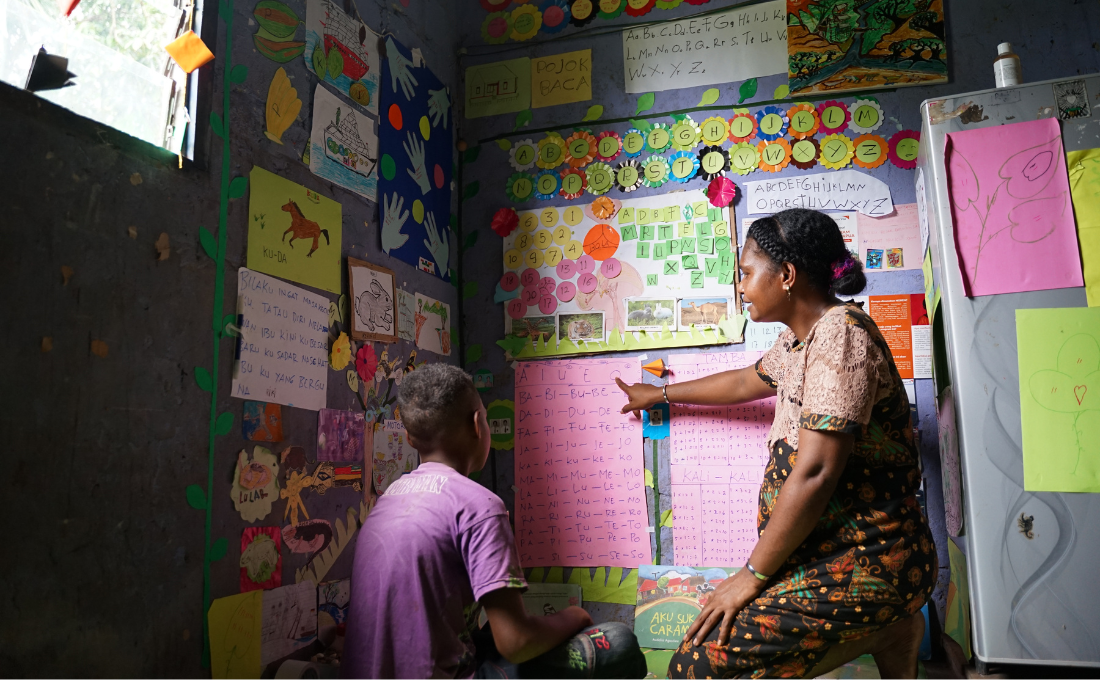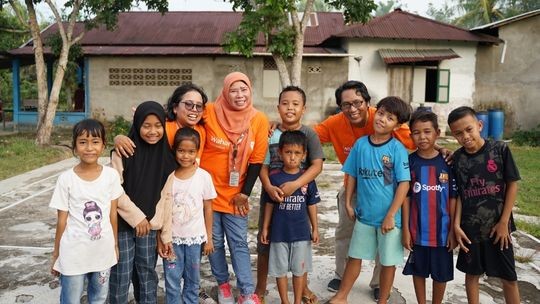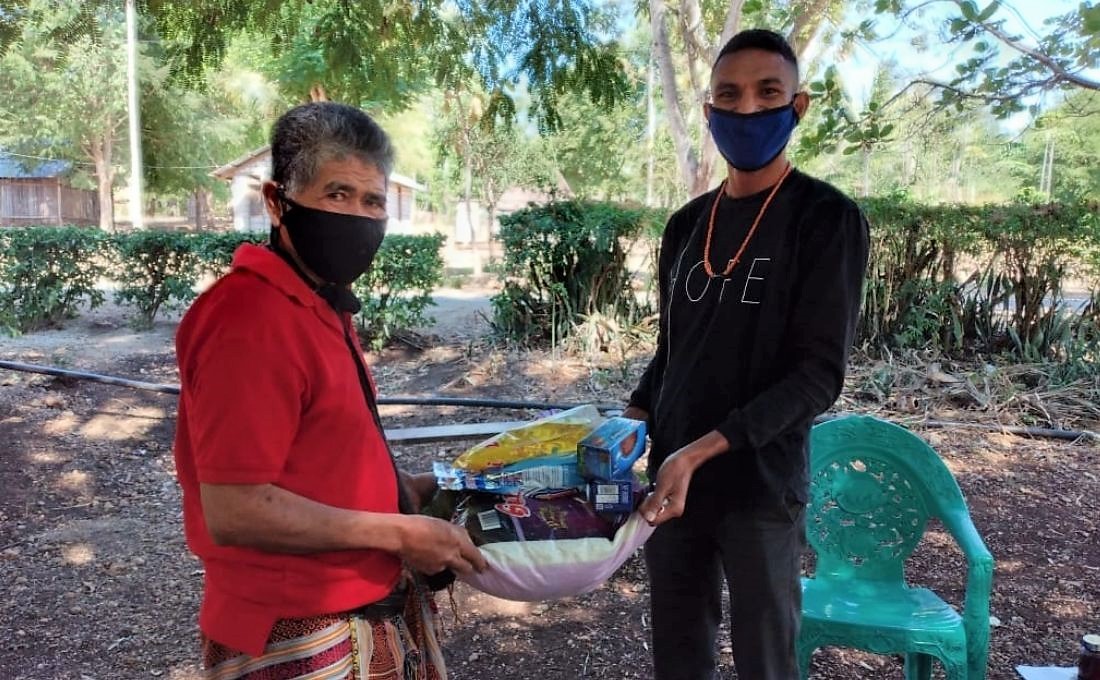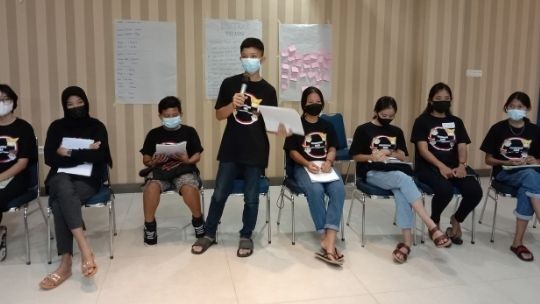Optimizing Quality Education Services in Papua through Social Accountability

In 2045, Indonesia will celebrate its 100th year of independence. President Joko Widodo and his administration have set ambitious goals for the country, including becoming a leading global power with zero poverty and reduced inequality. However, achieving this vision of "Indonesia Emas 2045" (Golden Indonesia 2045) requires a significant transformation of the education sector.
Education is identified as a crucial element for social transformation in the National Long-Term Development Plan (RPJPN 2025-2045). However, the current reality is that only 4.39% of the population holds a bachelor's degree. To realize Indonesia Emas 2045, equitable access to quality education must be prioritized, especially in remote areas like Papua.
The allocation of education funds in Papua falls short of the constitutional mandate of 20%. The province ranks last in terms of literacy activities among Indonesia's 34 provinces. With a literacy index of 19.9 compared to the national average of 37.32, achieving Indonesia Emas 2045 requires urgent action to address educational disparities.
Strategies for Achieving Educational Equality
-
Prioritizing Education Funding: Allocate the constitutionally mandated 20% of both national and regional budgets to education, ensuring effective utilization through transparent and accountable mechanisms.
-
Expanding Access to Quality Education: Invest in infrastructure and teacher training to provide equal access to quality education in all regions, particularly in underserved areas like Papua.
-
Promoting Literacy and Numeracy: Implement the Merdeka Belajar (Freedom to Learn) strategy, focusing on literacy, numeracy, and character development to equip students with essential skills for the 21st century.
-
Enhancing Community Engagement: Utilize the Suara dan Aksi Warga (Citizen Voice and Action - CVA) approach to empower communities and ensure their voices are heard in shaping education policies and improving service delivery.
Achieving Indonesia Emas 2045 requires a concerted effort to ensure equitable access to quality education for all citizens. By prioritizing education funding, expanding access, promoting literacy and numeracy, and enhancing community engagement, Indonesia can lay the foundation for a brighter future where every individual has the opportunity to thrive.
In an effort to address the pressing issue of literacy, particularly in remote areas, Wahana Visi Indonesia (WVI) has implemented the Citizen Voice and Action (CVA) initiative across five districts in Papua: Jayapura, Sarmi, Asmat, Biak Numfor, and Jayawijaya. This initiative empowers communities to actively participate in shaping education policies and improving service delivery.
The CVA approach fosters community engagement by involving residents in understanding public policies, service standards, and their rights as service recipients. This participatory process enables communities to voice their aspirations and concerns regarding education, particularly in the area of literacy.
Following the initial engagement phase, government officials are brought into the discussion to evaluate existing policies, implementation strategies, and service delivery. This collaborative approach ensures that community voices are heard and considered in shaping education initiatives.
Through the CVA process, communities have proposed concrete solutions to address literacy challenges. One such proposal is the establishment of Community Reading Gardens (Taman Baca Masyarakat - TBM) with the support of village governments and trained tutors. This initiative highlights the community's commitment to education beyond formal schooling.
The CVA approach has been met with positive responses from both village and district governments, particularly the Village Empowerment Department (DPK). The DPK has expressed its willingness to facilitate further dialogue involving the Education Department and village assistants.
While the CVA process has been successful in engaging communities, there is a need to address gender inclusion challenges. Currently, male participants tend to dominate discussions and decision-making processes. Efforts should be made to encourage and empower women's active participation.
The need for literacy improvement is evident in the data from WVI's 2022 STAR (School-based Test About Reading) survey in Asmat district. Out of 46 surveyed students in one of the supported schools, only one could read with comprehension.
The CVA initiative serves as a platform for communities to express their aspirations for social transformation in their villages. By providing a space for open dialogue and collaboration, CVA empowers communities to advocate for their needs and contribute to the realization of Indonesia Emas 2045.
The CVA approach, coupled with the commitment of communities and government officials, holds immense potential for optimizing public service delivery and supporting the development of a well-educated and literate Generasi Emas 2045 (Golden Generation 2045). As Indonesia strives towards its golden future, CVA serves as a beacon of hope for empowering communities to take ownership of their education and literacy advancement.



